Discover exciting opportunities in Public Administration and Public Policy across Malawi on Ntchito.com. Our comprehensive job board features a wide range of positions from government agencies, NGOs, and private sector organizations seeking talented professionals to shape Malawi’s future. Whether you’re an experienced policy analyst, a recent graduate in public administration, or looking to transition into this impactful field, we have listings tailored to various experience levels and specializations. From roles in local government offices in Lilongwe and Blantyre to positions with international organizations operating throughout the country, Ntchito.com connects you with the latest openings in public service, policy development, and governance.
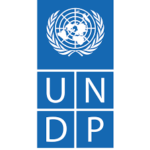
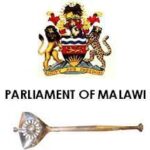
Physical Assets Officer

Senior Physical Assets Officer
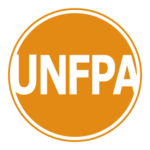

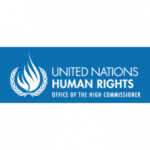


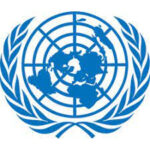












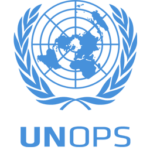
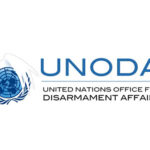


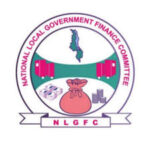
Human Resource and Administration Manager

Assistant Human Resources Officer
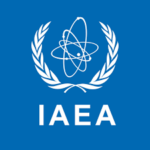
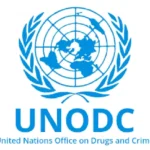

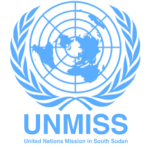

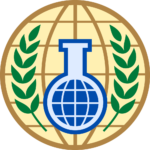


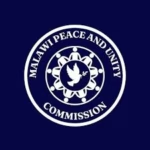
Director General (DG)

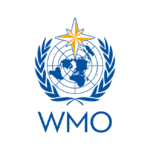
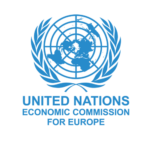



DMEAL Quality Assurance Director

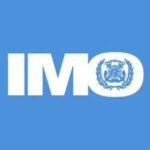
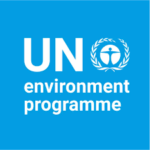









Head of Region, Africa



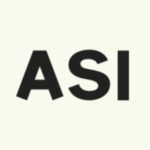




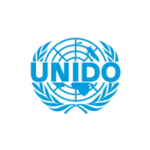



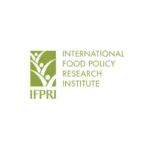
FAQs for Public Administration and Public Policy Jobs in Malawi
What educational qualifications are required for Public Administration positions in Malawi?
Public Administration roles in Malawi typically require a strong educational foundation in relevant disciplines. Candidates should possess at least a bachelor’s degree in Public Administration, Political Science, Business Administration, Public Policy, or a related field from an accredited institution. For advanced positions, such as Senior Public Administrators, Policy Advisors, or Public Sector Managers, a master’s degree or specialized certifications (e.g., Certified Public Manager (CPM) or Project Management Professional (PMP)) may be necessary. Additionally, holding certifications from recognized institutions can significantly enhance a candidate’s qualifications and competitiveness in the job market. For those seeking further education, explore Bachelors Scholarship and Masters Scholarship opportunities to support your academic advancement.
Beyond formal education, practical experience is highly valued. Employers seek individuals with hands-on experience through internships, volunteer work, or previous employment in governmental bodies, NGOs, or private sector organizations. Participation in Internship Opportunities can significantly strengthen your application by providing real-world experience and networking opportunities within the public administration sector. Continuous professional development through Courses & Trainings (Funded) is also recommended to stay updated with the latest trends and best practices in public administration.
How is the demand for Public Administration professionals evolving in Malawi’s public and private sectors?
The demand for Public Administration professionals in Malawi is steadily increasing, driven by ongoing public sector reforms, infrastructure development projects, and the expansion of international collaborations. As Malawi continues to strengthen its governance structures and implement policy reforms, the need for skilled professionals in areas such as policy analysis, public sector management, and administrative coordination grows correspondingly. This trend is further fueled by the rise of NGOs and international organizations focused on governance, human rights, and development projects that require robust administrative support and expertise.
In addition to traditional governmental roles, there is a growing demand for professionals in specialized areas such as digital governance, public financial management, and strategic planning. The integration of technology into public administration processes is creating new opportunities for those with expertise in IT and data management within the public sector. Staying informed about these industry trends through resources like Job in Malawi and Energy Sector Jobs in Malawi can help candidates identify emerging opportunities and align their skills with market demands. Furthermore, the increasing focus on sustainable development and public service delivery is creating new avenues for Public Administration professionals with expertise in environmental policy and community development.
What key skills and competencies are essential for success in Public Administration roles in Malawi?
Success in Public Administration roles in Malawi requires a combination of technical expertise and soft skills. Key technical skills include proficiency in public sector management, policy analysis, financial management, and administrative coordination. Candidates should be adept at using government information systems, data analysis tools, and project management software to efficiently perform their duties. Additionally, a strong understanding of Malawian governance structures, legal frameworks, and public sector regulations is essential for navigating and influencing public policy effectively.
On the soft skills front, employers value excellent communication and interpersonal abilities, as Public Administration professionals often interact with diverse stakeholders, including government officials, community leaders, and international partners. Critical thinking and problem-solving skills are crucial for developing innovative policy solutions and addressing complex public issues. Leadership and team management skills are essential for motivating teams, fostering collaboration, and ensuring effective project execution. Additionally, organizational and time management skills are important for handling multiple tasks, managing deadlines, and ensuring timely delivery of projects. Enhancing these skills through Courses & Trainings (Funded) and Soft Skills Training can make candidates more attractive to potential employers and facilitate career advancement.
How can Public Administration professionals in Malawi advance their careers and stay competitive in the job market?
Career advancement for Public Administration professionals in Malawi involves a strategic combination of education, skill development, and networking. Pursuing advanced degrees or specialized certifications can open doors to higher-level positions and specialized roles within the public sector. Engaging in continuous learning through Training Opportunities helps professionals stay updated with the latest public administration practices, policy developments, and technological advancements in governance.
Networking is another critical component for career growth. Building connections with industry peers, attending public administration conferences, and participating in professional associations can provide valuable insights and job leads. Additionally, gaining experience in diverse roles within public administration, such as working in different government departments, international organizations, or NGOs, can enhance a professional’s versatility and marketability. Utilizing resources like Consultancy Projects and Internship Opportunities can also provide practical experience and facilitate transitions into more advanced roles. Furthermore, developing a strong personal brand and leveraging online platforms, such as LinkedIn, can increase visibility and attract potential employers.
What are the common challenges faced by Public Administration professionals in Malawi, and how can they overcome them?
Public Administration professionals in Malawi often encounter challenges such as bureaucratic inefficiencies, limited resources, and the complexities of navigating governmental procedures. Bureaucratic hurdles can lead to delays in policy implementation and project execution, making it essential for professionals to develop strong problem-solving and time-management skills to navigate these obstacles effectively. Limited resources, including funding and technological tools, can impact the ability to deliver effective public services and manage large-scale projects, necessitating resourcefulness and innovation in managing available assets.
Additionally, the dynamic political environment and frequent policy changes can create uncertainties and require Public Administration professionals to be adaptable and resilient. Navigating complex regulatory environments and ensuring compliance with evolving public sector standards can also be time-consuming and require specialized knowledge.
To overcome these challenges, Public Administration professionals can seek out continuous education and training to enhance their knowledge of regulatory requirements, project management best practices, and innovative governance strategies. Engaging in Courses & Trainings (Funded) can provide access to the latest tools and methodologies in public administration. Building a strong professional network through Networking Strategies for Job Seekers can offer support, resources, and collaborative opportunities to address bureaucratic and resource-related challenges. Additionally, advocating for better infrastructure investments and leveraging technology to improve administrative processes can contribute to more efficient and effective public administration practices in Malawi.